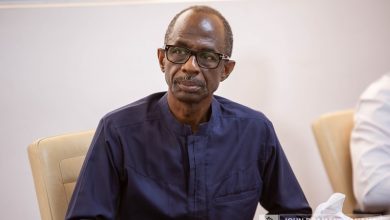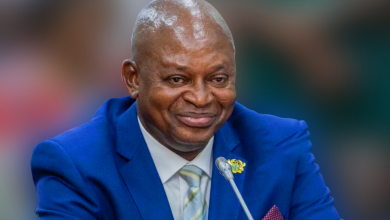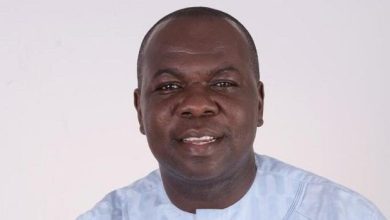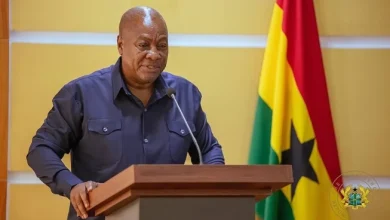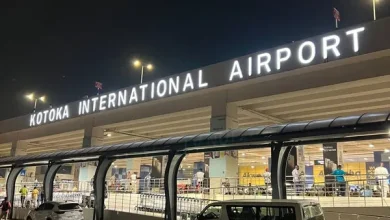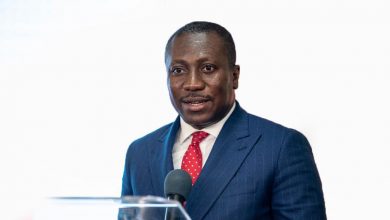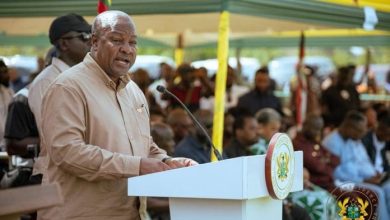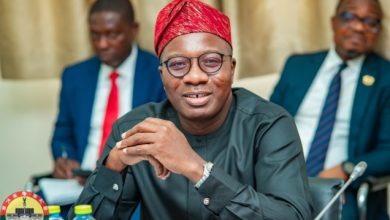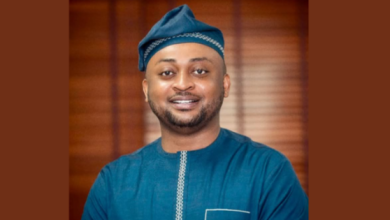Govt exempts key institutions from paying electricity bills
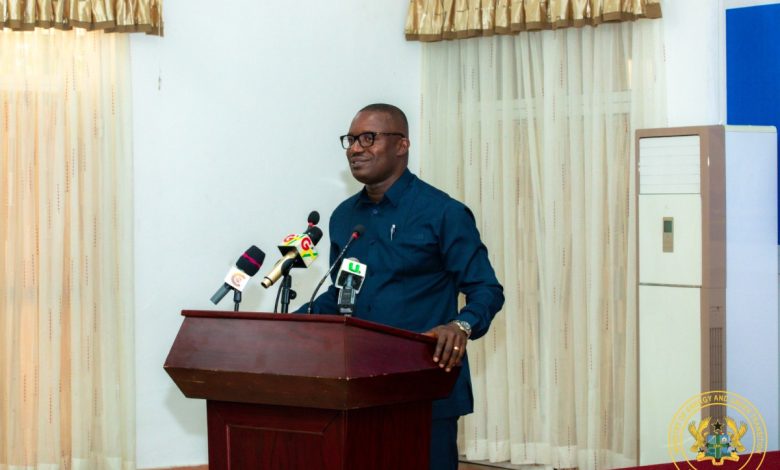
The government has approved a policy exempting selected strategic institutions from paying electricity bills, following a cabinet meeting chaired by President John Dramani Mahama.
The initiative is designed to ensure uninterrupted operations of essential national services, particularly in the security, health, and education sectors.
Announcing the decision, Minister for Energy and Green Transition, John Abdulai Jinapor, said, “The policy is intended to enhance accountability in energy consumption while safeguarding the operational resilience of critical government institutions.”
He explained that the Ministry of Finance will absorb electricity costs for the listed institutions through their approved budgetary allocations.
The exemption applies to the Office of the President, the Ministry of Defence, the Ministry of the Interior, the Ministry of Health, and the Ministry of Education.
Mr Jinapor clarified that only core operational units would benefit from the exemption.
“This does not include auxiliary and non-essential facilities,” he emphasised.
In the education sector, only classrooms, universities, laboratories, lecture halls, and research facilities are covered, excluding dormitories and recreational spaces.
For health, the exemption includes hospitals, theatres, blood banks, laboratories, and wards, but not staff residences.
In the defence sector, it is limited to installations such as military intelligence and emergency systems.
Within the interior ministry, it covers police and emergency response units alone.
The Electricity Company of Ghana (ECG) and Northern Electricity Distribution Company (NEDCo) have been tasked with stepping up revenue collection from non-exempt institutions.
They have also been authorised to disconnect electricity from any such entity with unpaid bills.
Mr Jinapor added, “This measure reflects our commitment to financial discipline in the energy sector and our responsibility to ensure a stable power supply for all Ghanaians.”

